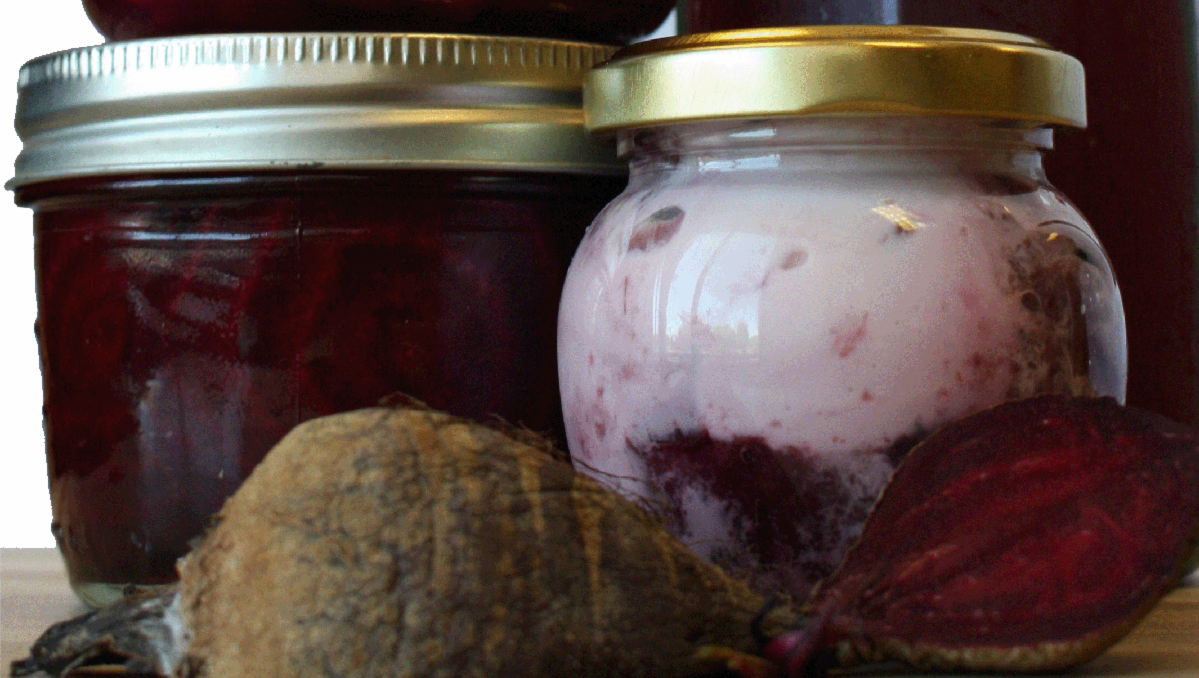Fermentation: Try Something New This Year!

Fermented foods have lots of probiotics that can help replenish an imbalance in the gut microbiome. An imbalance might be caused by a prescribed course of antibiotics to fight an infection or a change in your diet. Diets low in fiber and high in processed foods, can lead to a decreased amount of good microbiota diversity.
Fermented foods may seem foreign or specialty, but there are many familiar fermented foods that, with intention, could easily be incorporated in the diet. Yogurt is a favorite. Regular and Greek yogurt are fermented dairy products. Fermented dairy products are made by converting lactose — milk’s naturally occurring sugar — into lactic acid by using certain bacteria. Add yogurt to smoothies, as a substitute for sour cream in savory dishes, or as an after dinner treat.
Another fermented dairy product that contains even more probiotics than yogurt is kefir. It is fermented longer using kefir grains, is low in added sugar and particularly low in lactose. Kefir is a drink or could be added to a smoothie.
Sauerkraut is another great probiotic option to add to dishes. Try it with a grilled cheese sandwich or some tuna salad. If you already love sauerkraut, give kimchi a try for even more flavor.
One study showed that the microbiome can respond to a short term change in diet.3 So ramping up your fermented food intake can add benefits to your health quickly.3 And, although there is no accepted serving size recommendation for fermented foods, up to six servings a day has been shown to be safe.4
Check here for some answers to FAQs about fermentation.
Citations
3. Shoubridge AP, Choo JM, Martin AM, Keating DJ, Wong ML, Licinio J, Rogers GB. The gut microbiome and mental health: advances in research and emerging priorities. Mol Psychiatry. 2022 Apr;27(4):1908-1919. doi: 10.1038/s41380-022-01479-w. Epub 2022 Mar 2. PMID: 35236957.
4. David, L. A., Maurice, C. F., Carmody, R. N., Gootenberg, D. B., Button, J. E., Wolfe, B. E., … & Turnbaugh, P. J. (2014). Diet rapidly and reproducibly alters the human gut microbiome. Nature, 505(7484), 559-563.
This article was part of the January 2024 e-news FRESH Rx. Subscribe for similar content delivered to your inbox monthly.
- Categories: